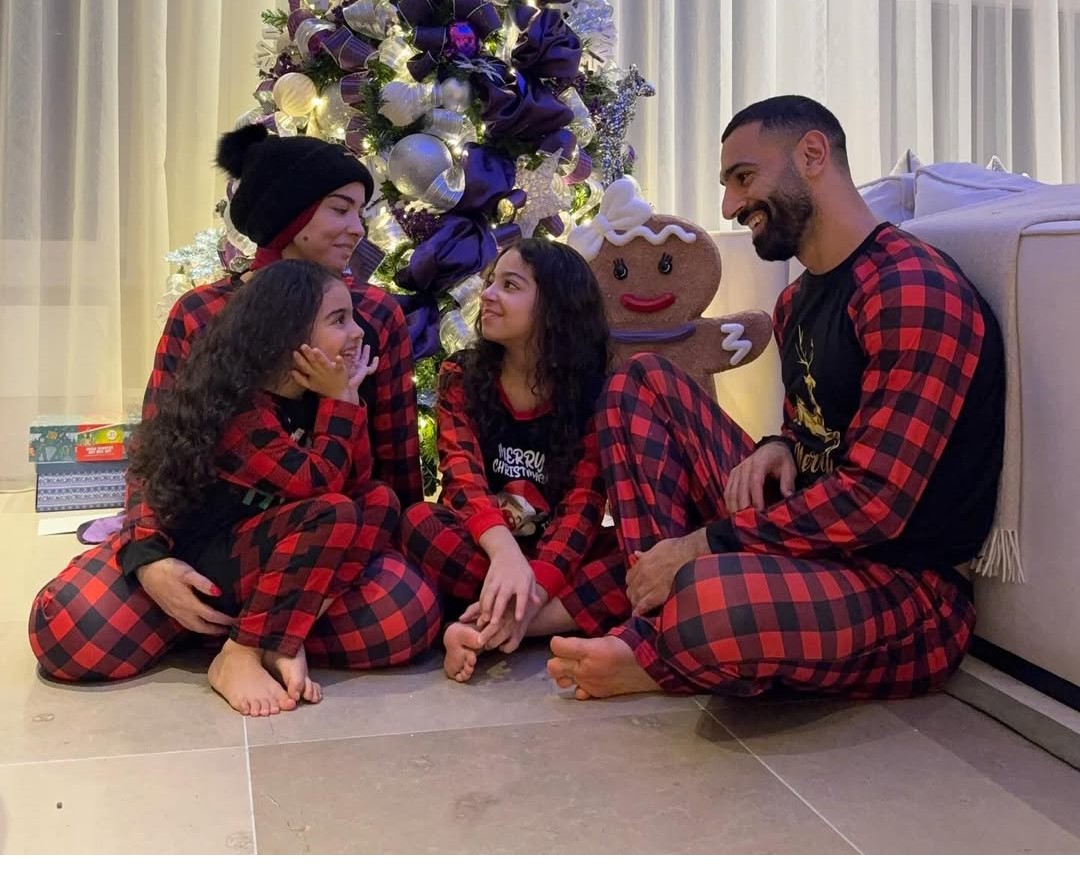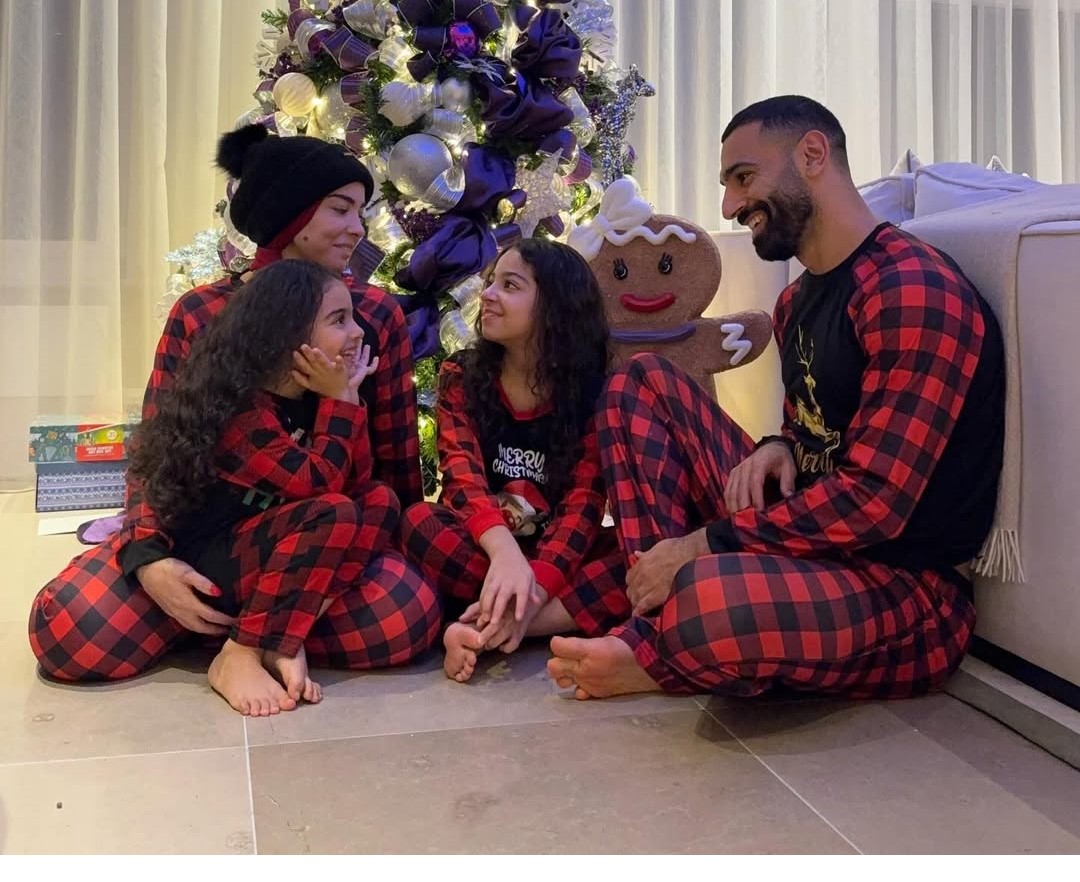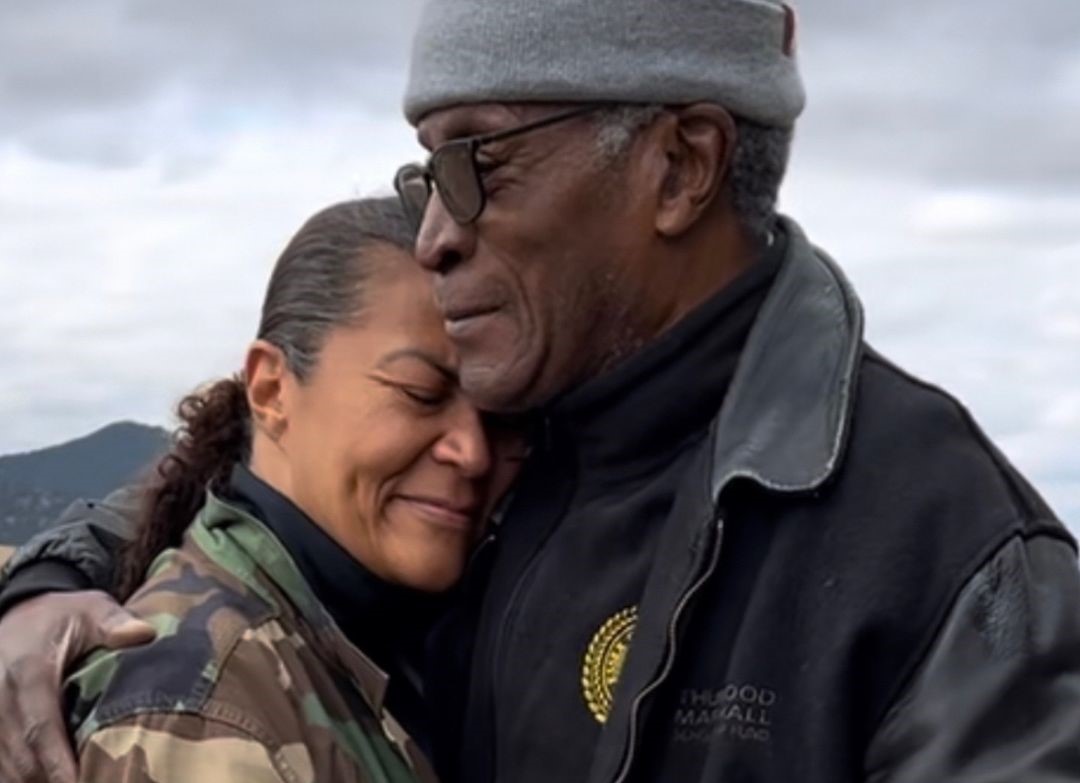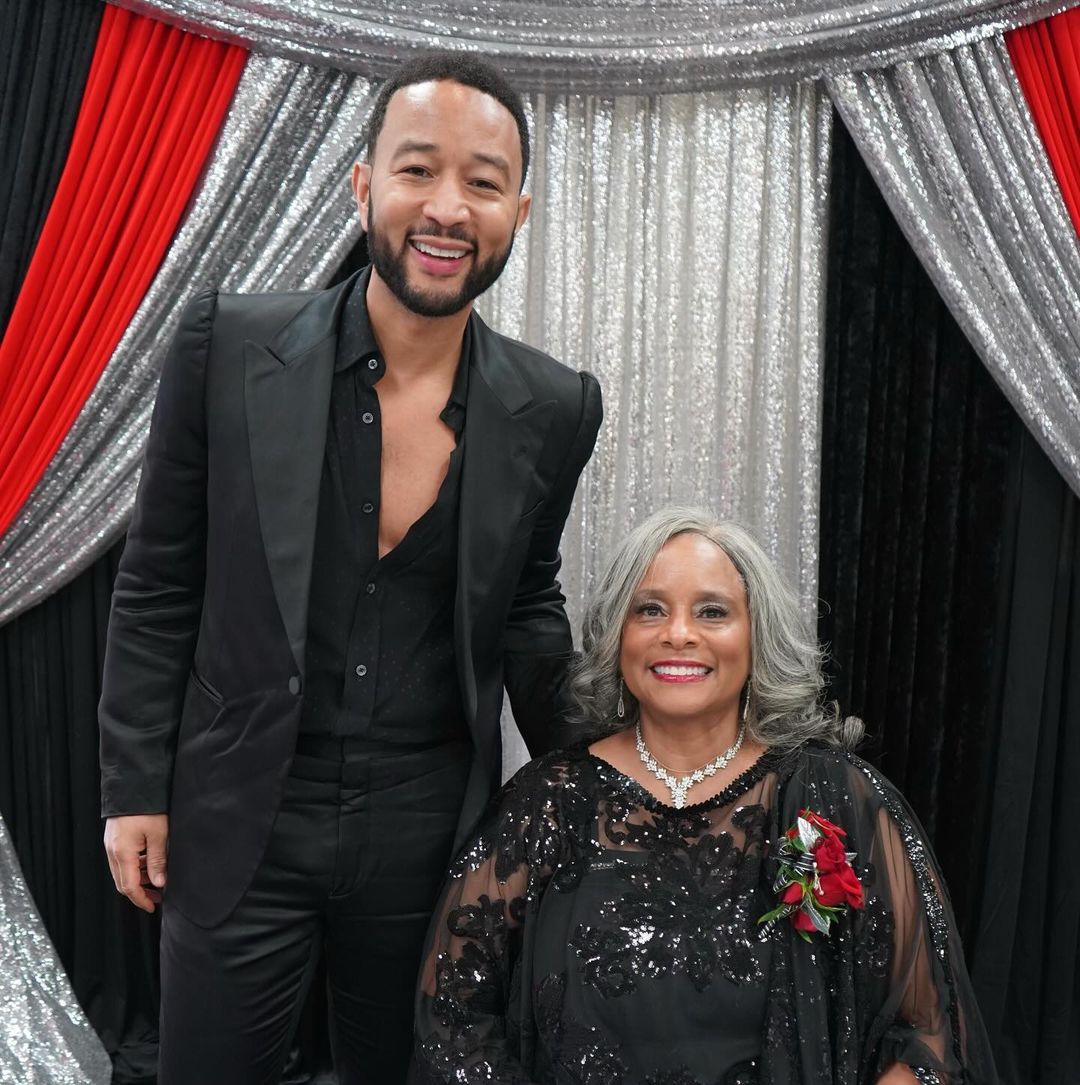
Salah faced backlash for Christmas message, should Muslims Say Merry Christmas? Let's find out.
2nd Jan 2025 | category: Sports | Hits: 546The celebration of Christmas, a Christian holiday commemorating the birth of Jesus Christ, often brings with it a wide array of cultural and religious discussions. For Muslims, one of the recurring questions is whether it is permissible to say “Merry Christmas” to Christian friends and colleagues.
This topic has sparked debate among Islamic scholars and communities worldwide, particularly in multicultural societies where Muslims frequently interact with people of different faiths.
Islamic Beliefs About Jesus (Isa)
In Islam, Jesus (‘Isa in Arabic) is highly revered as one of the greatest prophets. The Qur’an describes his miraculous birth to the Virgin Mary (Maryam), his role as a messenger of God, and his many miracles.
However, Muslims do not regard Jesus as the Son of God or part of a divine trinity, as this contradicts the Islamic concept of Tawhid (the oneness of God). Because Christmas celebrates the birth of Jesus as the divine son of God in Christian theology, some Muslims feel conflicted about participating in or acknowledging the holiday.
Scholarly Opinions on Saying "Merry Christmas"
Islamic scholars have expressed varied views on whether Muslims can extend greetings such as “Merry Christmas” to Christians. Broadly, these opinions can be categorized into two perspectives:
Permissibility with Conditions
Some scholars and Islamic organizations argue that saying “Merry Christmas” is a form of goodwill and is permissible in the context of maintaining positive relationships and promoting coexistence. They emphasize the Qur’anic verse:
"Allah does not forbid you from being kind and just to those who have not fought you in religion or expelled you from your homes." (Qur’an 60:8)
These scholars contend that such greetings are not an endorsement of religious beliefs but rather a gesture of respect and kindness. Shaykh Yusuf al-Qaradawi and Mufti Menk, among others, have supported this view, provided the intention is clear.
Prohibition Due to Religious Implications
Other scholars take a stricter stance, arguing that saying “Merry Christmas” implicitly endorses beliefs contrary to Islamic teachings. They cite the Qur’anic verse:
"They say, 'The Most Merciful has taken a son.' You have done an atrocious thing." (Qur’an 19:88-89)
These scholars argue that Muslims should avoid participating in celebrations or greetings that could be seen as affirming non-Islamic theological concepts. They recommend alternative ways to show respect, such as expressing general goodwill without using religiously specific phrases.
Navigating Modern Multicultural Societies
In today’s world, many Muslims live and work with people from different religions. This means they need to find ways to stay true to their faith while also showing kindness to others.
For those who prefer not to say “Merry Christmas,” phrases like “Happy Holidays” or “Season’s Greetings” are good alternatives. These phrases respect the festive season without focusing on religious beliefs.
Mohamed Salah and the Social Media Controversy

A notable recent example involves Liverpool footballer Mohamed Salah, a devout Muslim who faced criticism from some Muslims for sharing a Christmas-themed photo with his family on social media.
Critics argued that his actions were inconsistent with Islamic teachings, while others defended him, emphasizing that his intent was likely to show goodwill to his diverse fan base. Salah’s actions highlight the broader challenge of representing one’s faith while engaging with a global audience.
On 25th December 2023, Salah posted a photo of Christmas tree and captioned " Christmas is a time when families get together and celebrate. With the brutal war going on in the Middle East, especially the death and destruction in Gaza, this year we get to Christmas with very heavy hearts and we share the pain of those families who are grieving the loss of their loved ones. Please do not forget them and do not get used to their suffering. Merry Christmas."
Should Muslims Say Merry Christmas?
The question of whether Muslims can say “Merry Christmas” ultimately depends on individual beliefs and interpretations of Islamic teachings. While some view it as a harmless expression of goodwill, others see it as compromising religious principles.
What remains essential is mutual respect and understanding among people of different faiths. Regardless of the approach, the underlying values of kindness, respect, and coexistence should guide interactions in multicultural societies.
Related Posts





